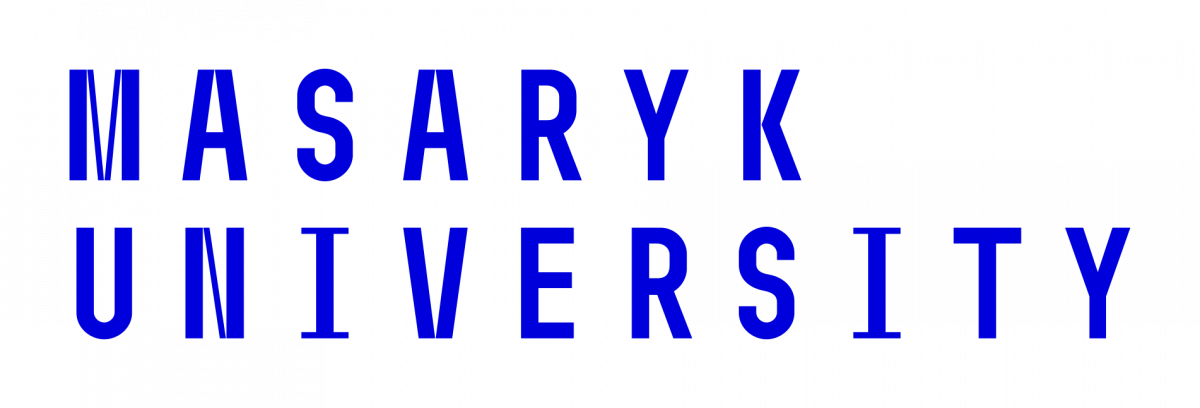Alternative media have traditionally been seen as non-hierarchical, decentralized, community and activist media, empowering people without a voice and often being initiated from the bottom up. For some time, this term also included all media that operated on the Internet. However, as this media type stabilized, this idea ceased to be accurate. This is partly due to the fact that most online media are now run by publishers of traditional professional media.
Currently, there is no full agreement on how to define alternative media. However, researchers at least agree that this type of media is somehow an alternative to conventional mainstream media, whether in the form of alternative content, format, or distribution. So, these are media that differ in some way from the mainstream idea of what a traditional medium should look like. Some theorists further posit that in the current fragmented media environment, the boundaries between alternative and professional media are beginning to blur, and that they have long since ceased being two different categories, but rather form a spectrum with two ends.
In recent years, the concept of so-called far-right alternative media has very often appeared in the literature. These media strongly support right-wing initiatives and are strongly critical of traditional professional media. They are also often referred to as producers of fake news.









